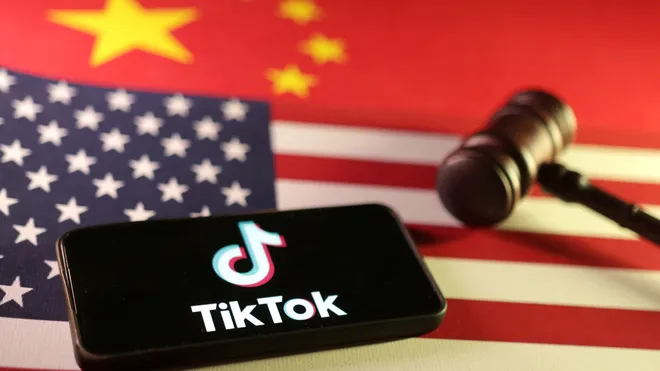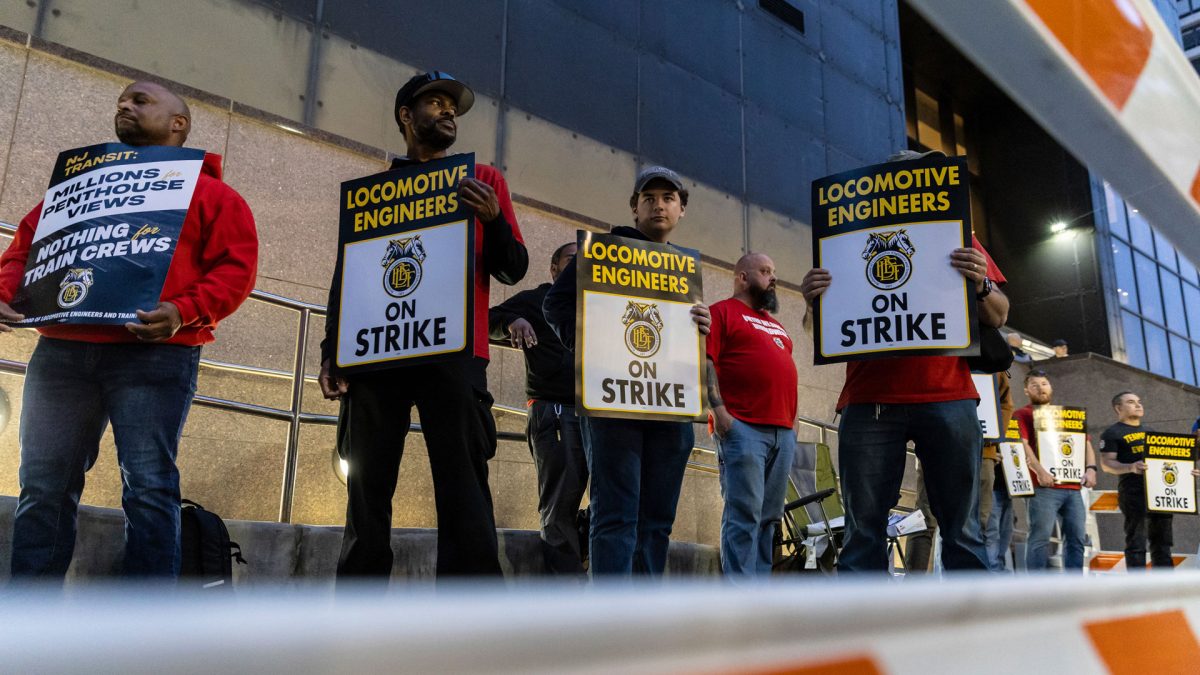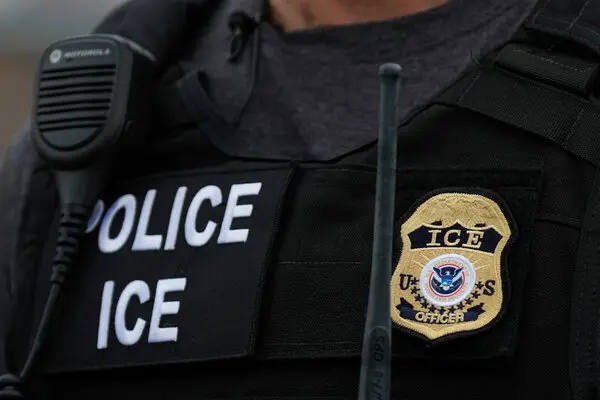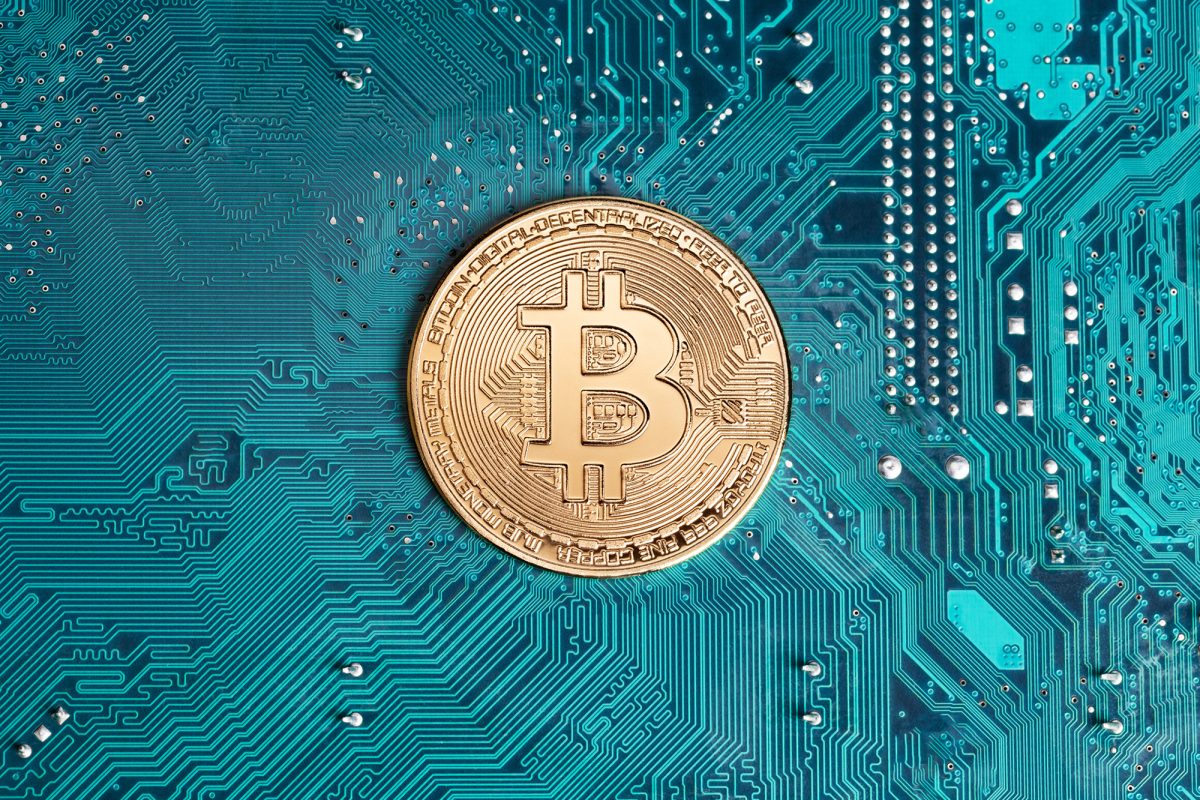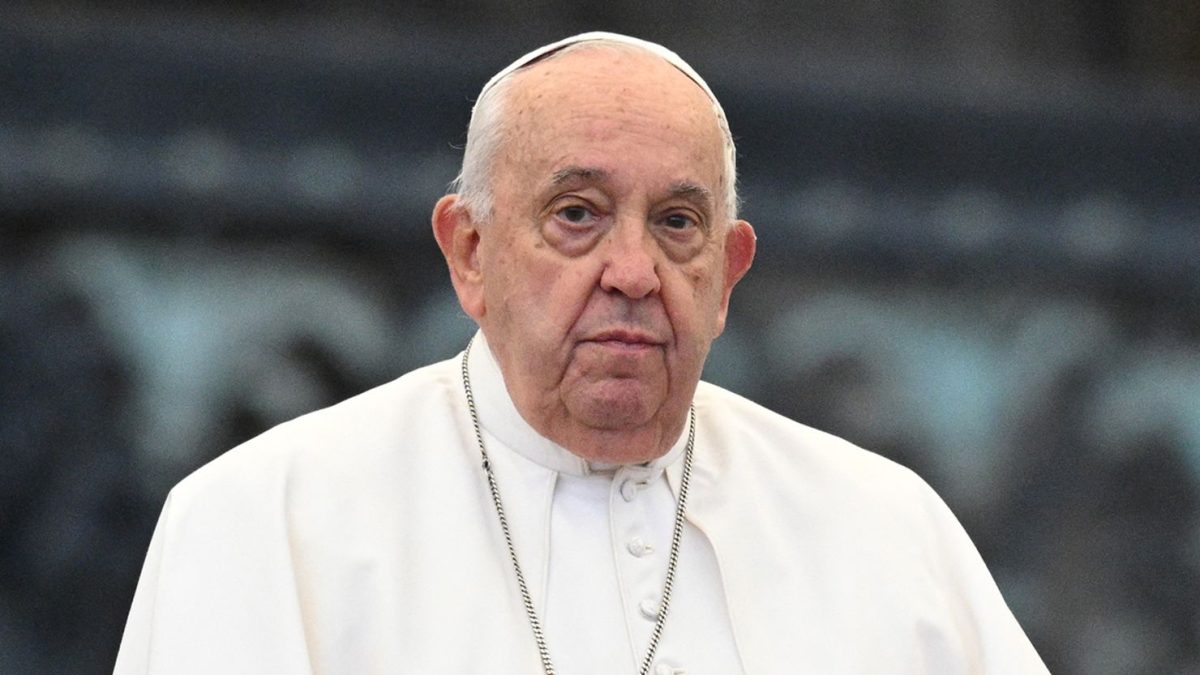As many of you probably know, the TikTok ban was scheduled to go into effect on January 19th. This move is the result of a bill passed by President Biden in April 2024, called The Protecting Americans from Foreign Adversary Controlled Applications Act (PAFACA). This law grants the government the power to ban foreign-owned apps that it feels are a danger to national security. While the bill specifically targets ByteDance, the China-based internet company that owns TikTok, it could extend to other similar foreign-controlled companies.
The movement to ban TikTok is not new. Lawmakers have been introducing legislation over the past five years concerning TikTok and the possibility of Americans’ private data being accessed by the authoritarian Chinese government. In February 2019, TikTok was forced to pay $5.7 million in a settlement with the Federal Government for violating child privacy laws. In the summer of 2020, President Trump made the first move to officially threaten to ban the app, issuing an executive order for ByteDance to break away from its U.S. TikTok operations within 90 days. However, with Trump’s presidency coming to an end, he extended this deadline until ultimately leaving the issue for the Biden administration.
Now, here we are once again, with TikTok’s future in jeopardy at the end of another presidential term. Since Biden took office, all federal agencies were required to remove TikTok from their government-issued phones. A similar action was taken a year earlier, in January 2020, when the Pentagon banned the app from all military phones. The government is now looking to extend this ban to the general public. As part of the PAFACA act, ByteDance was given an ultimatum: either sell their U.S. assets of TikTok by January 19th or face a nationwide ban. In response, TikTok filed a lawsuit against the U.S. government claiming that the PAFACA Act and its mandatory ban are unconstitutional. They argued the law was a violation of the American people’s First Amendment rights, including freedom of speech and expression, among other concerns. On January 17th, the court ruled to uphold the law, meaning TikTok will be banned on the 19th unless ByteDance agrees to sell—which seems unlikely at this point.
Many Americans, including a majority of the country’s 170 million TikTok users, oppose the ban, believing it infringes upon their right to communicate. Some even suggest that the ban is a way for the government to censor the public. Whether or not these claims are valid is up for debate, but there’s no doubt that the proposed TikTok ban brings into focus larger questions about the balance between national security and personal freedoms.
On the one hand, supporters of the ban feel that TikTok poses a significant national security threat due to its potential ties with the Chinese government. They worry that possible Chinese surveillance of US citizens through the app could be used for malicious purposes that undermine U.S. interests, and thus a total ban of the app would be the safest move.
On the other hand, critics contend that these privacy concerns are mostly speculative and the banning of the app is more about controlling information than anything else, raising alarm about the violation of people’s First Amendment rights. Critics are especially worried about the precedent that such a ban sets: if the government can successfully outlaw a major app, what other platforms could they restrict in the future?
No matter what the outcome turns out to be, there’s no denying the profound impact TikTok has had on the country. The app has brought people together in ways that were previously unimaginable, providing a platform for shared experiences, learning, connections, and chances to smile, laugh, and even cry. It has supplied thousands of people with jobs and dramatically helped save so many small businesses from economic hardship. For better or for worse, TikTok has reshaped American culture, leaving an undeniable imprint on our digital landscape—we’ll just have to see if TikTok can make it out unscathed.
